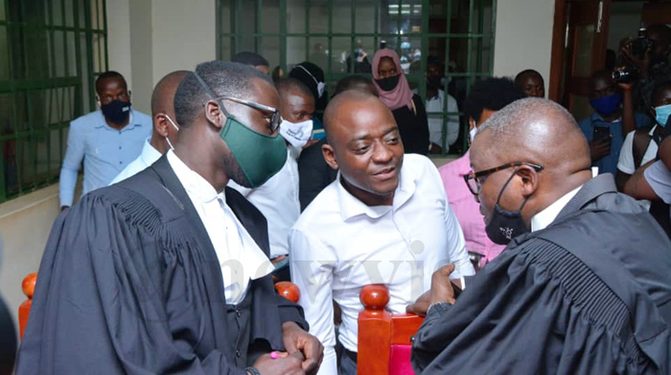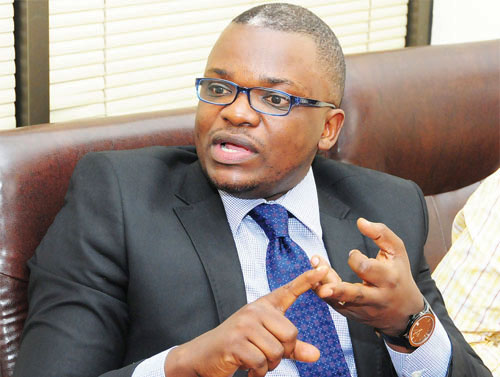Tycoon Hamis Kiggundu has expressed satisfaction that his case against DTB exposed selective policies, structures and systems designed by foreign banks to exploit Ugandans.
Mr Kiggundu better known as Ham spoke extensively on the Court of Appeal’s decision to reverse his case with DTB to High Court for retrial quashing an earlier judgment made by the same (lower) court in which Justice Henry Peter Adonyo last year ruled that Diamond Trust Bank (DTB) violated the Financial Act of 2004 and therefore, directed that shs 120 billion should be paid with interest of 8% for carrying out illegalities on the Ham’s accounts.
DTB Kenya, it emerged that it had operated in Uganda without a license, an illegality which Ham wanted Court to address.
But three judges of Court of Appeal; Christopher Izama Madrama, Richard Buteera and Kenneth Kakuru ruled on Wednesday that the lower court could not order enforcement of contract said to be illegal and added that one party cannot benefit from an illegal contract.
They sent back the file to High Court for fresh hearing.
But Ham boldly said, the Wednesday ruling unequivocally displayed the lack of judicial and economic independence in Uganda.
His lawyers earlier announced they will be seeking an appeal in the Supreme Court.
Addressing the media in vernacular, Ham said; “this ruling would determine whether we have judicial and economic independence as a country. But as you all can see we don’t.”
He expected Court of Appeal to address an illegality.
However, the astute businessman who recently received heaps of praises from President Museveni for pushing local content said he was happy that all Ugandans witnessed how Court of Appeal failed to tackle that illegality.
“You can’t have laws working selectively; you have Ugandans caught on the wrong side and have foreigners exonerated.”
He said that foreigners continue to violate the Financial Institutions Act and get away scot-free on top of exploiting indigenous Ugandans with delayed loans with heavy interest rates.
“What you must know is that, these so called banking investors invest less capital and later the business accumulates a lot of money. Where does that money come from?” he questioned.
“That money comes from us depositors.”
Ham cited an example of how a foreigner invests shs 1 billion and reaps 4 billions as profits. The same investor repatriates the 4 billion to his country, leaving Ugandan economy bleeding.
“Why do you think Ugandans are poor? Because of such systems and structures,” he said.
He said the same banks practice discrimination while offering services to locals and foreigners.
“When we apply for a loan it takes a year and their people get the money in 2 weeks.”
Ham appealed to Ugandans to critically reason and analyze situations before taking a decision.
He said that is how he was able to poke holes into DTB’s system which the bank had been using to exploit Ugandans and also drain the economy.
He articulated that his litigation enlightened many countrymen and women to observe the banks’ flaws.
“That is why all the banks through their umbrella Uganda Bankers Association waged a war against me,” he said.
He interested all Ugandans to fight banks’ kangaroo policies using “reason” which determines the ability to critically analyze and deeply assess the prevailing circumstances before making a decision.





